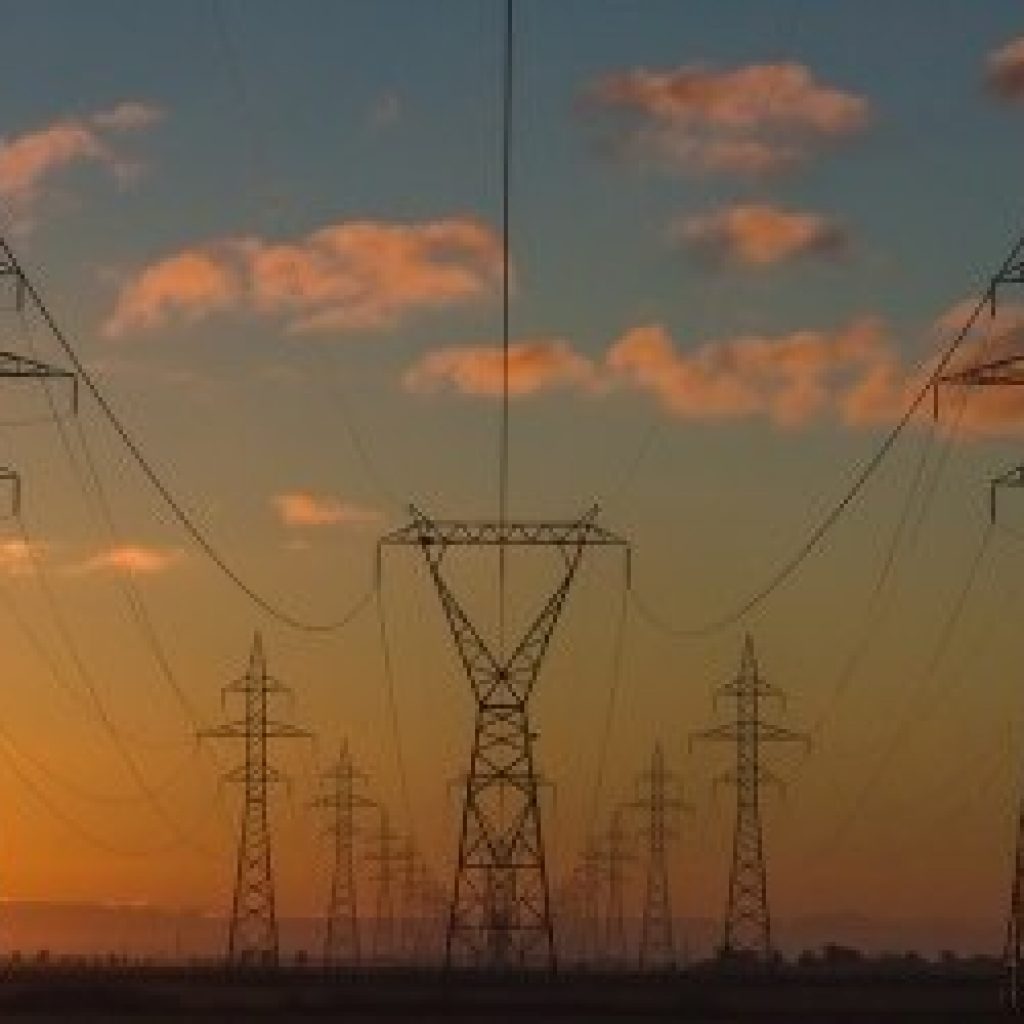(Quartz) Classic computers—and they’re getting bigger and even more energy dense. China is home to the most energy-intensive supercomputer in the world, the Tianhe-2 in Guangzhou. This machine uses about 18 megawatts of power. Our connected devices such as your phone, your computer, or your smart TV are also using a lot of energy. Classical computing will require more energy than our entire energy grid by 2040 under current usage patterns.
This is one reason why quantum computing is key to the future. Quantum computers use significantly less energy, which could lead to lower costs and decreased fossil-fuel dependency as adoption grows.
Most quantum processors use cryogenic refrigerators to operate, and can reach about 15 millikelvin–that’s colder than interstellar space. At this low temperature, the processor is superconducting, which means that it can conduct electricity with virtually no resistance. As a result, this processor uses almost no power and generates almost no heat, so the power draw of a quantum computer—or the amount of energy it consumes—is just a fraction of a classical computer’s.
Businesses are constantly looking for a competitive advantage, especially in an era of shrinking margins and fierce competition. Quantum computing can provide a workable alternative to the current unsustainable status quo in energy usage patterns.
Quantum Computing Can Lead to Less Energy Usage and Decreased Fossil-Fuel Dependency
